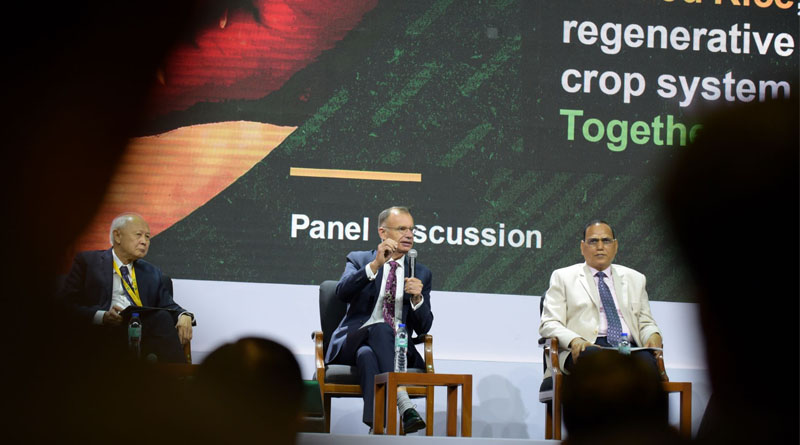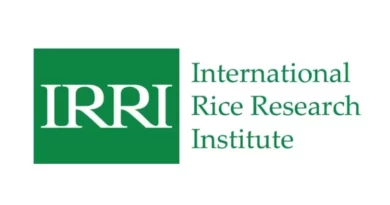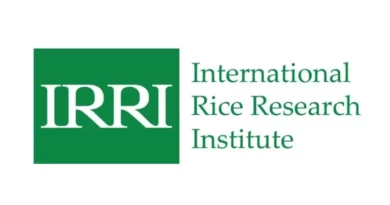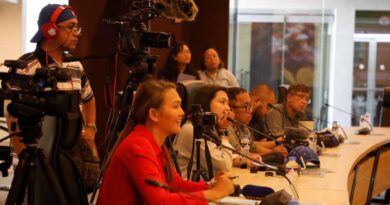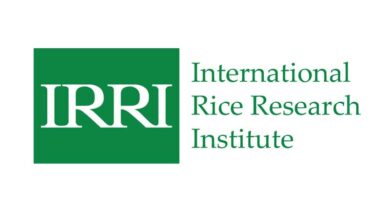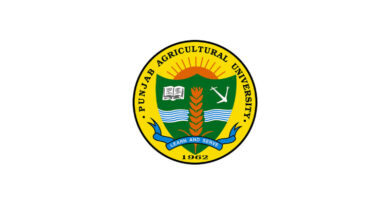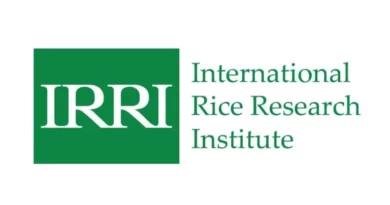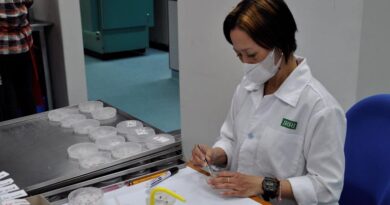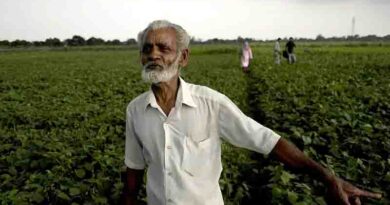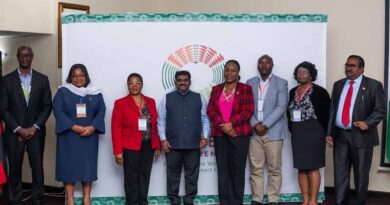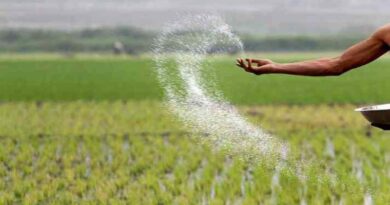The challenges and opportunities of bringing direct-seeded rice to Asian and African farmers
25 October 2023, Philippines: A multisectoral discussion exploring how climate-smart and resource-efficient direct-seeded rice (DSR) systems could be effectively and widely adopted by farmers across Asia and Africa was presented at the 6th International Rice Congress.
The panel discussion, sponsored by Bayer, featured a diverse panel from different backgrounds. It included Berlinda Montanio, a DSR farmer from the Philippines; Dr. Bas Bouman, research director of the International Rice Research Institute; Professor Paul Teng, managing director of the National Institute of Education International; Dr. A.K. Singh, director of the Indian Agricultural Research Institute; and Jessica Christiansen, head of Sustainability and Business Stewardship at Bayer Crop Science Division.
DSR is a crop establishment method that forgoes transplanting seedlings from a nursery by sowing seeds directly into the field. DSR presents significant opportunities for saving on resources like labor, irrigation, and energy while reducing GHG emissions. The development of DSR-optimized high-yielding and short-duration rice varieties, water, nutrient, and weed management, and mechanized and digital systems are advancing DSR as a promising approach for improving food security and climate mitigation.
The panel shared that DSR could help in challenges such as declining agricultural labor availability and aging farmers, erratic seasonal rainfall, soil degradation, and poor irrigation. DSR was seen to be especially advantageous in Africa, where most rice fields are rainfed and not irrigated.
When it came to barriers to adoption, farmers’ resistance to change and taking risks was a key issue. Many farmers are used to the traditional method of transplanting rice and are averse to new systems. Proper land preparation and crop establishment, as well as input requirements for DSR were also seen as disincentives. DSR also requires higher seed rates and is prone to more serious weed problems than in puddled transplanting.
Despite the setbacks, the advantages of using DSR are considerable. Higher productivity from greater yields with less cost and inputs, particularly when applying next-generation technologies such as drones and digital support systems, could transform the way rice is grown.
DSR could also reduce the use of freshwater in rice cultivation, which has the added advantage of alleviating competition for water and significantly lowering the greenhouse gas (GHG) emissions from rice fields. Decades of gathered data could help tailor DSR processes for specific ecologies, while extensive learnings in Asia could streamline DSR translation to African field conditions.
Although the panel discussion was generally optimistic on DSR’s potential impact on the global rice sector, the panelists identified actions needed to make it a major part of the transformation of agrifood systems.
Ms. Montanio said that education and incentives for farmers can encourage greater adoption of DSR. On the other hand, Prof. Teng called for increasing its accessibility and minimizing associated risks to boost use of the system. Dr. Singh advocated for genetic innovations that could deliver resilient seeds and higher yields for DSR.
Ms. Christiansen shared that Bayer views regenerative agriculture such as DSR as a key nexus of needs: higher productivity while conserving resources and helping protect the planet. But she stressed that cannot be done alone, it needs to be a convergence of actions across various stakeholders in the value chain.
“There is no silver bullet,” said Dr. Bouman. “Mutistakeholder platforms driving quality, service, nutrition, and policy need to be supported to develop better models for partnerships and collaboration. It’s not just do more with less, it’s produce more, restore more.”
The panel discussion, Scaling Direct-Seeded Rice, a regenerative rice crop system. Together. Today, was sponsored by Bayer and moderated by Mr. Amit Trikha, Global Strategy Lead for Rice and Oilseed Crops at the Crop Science Division of Bayer.
Also Read: Innovative Label Design: Revolutionizing Agrochemical Packaging in India
(For Latest Agriculture News & Updates, follow Krishak Jagat on Google News)

